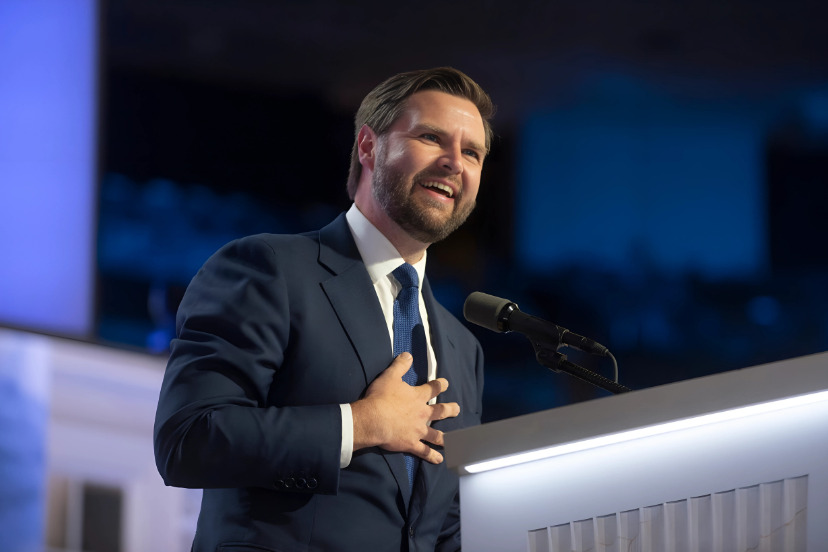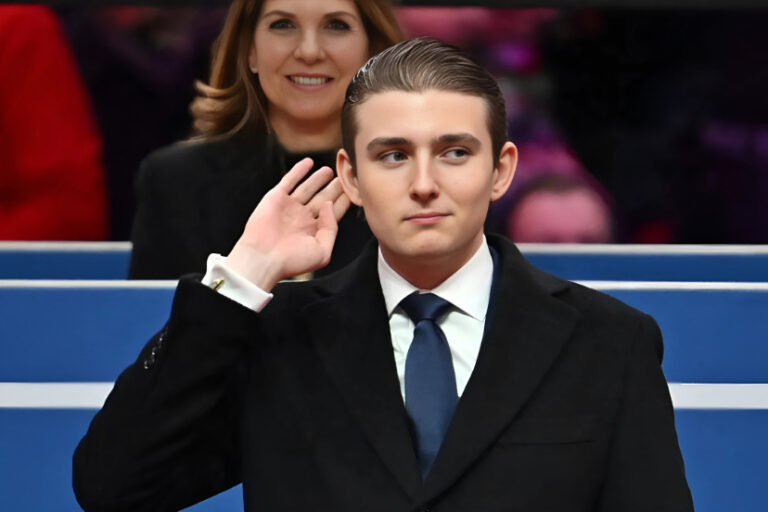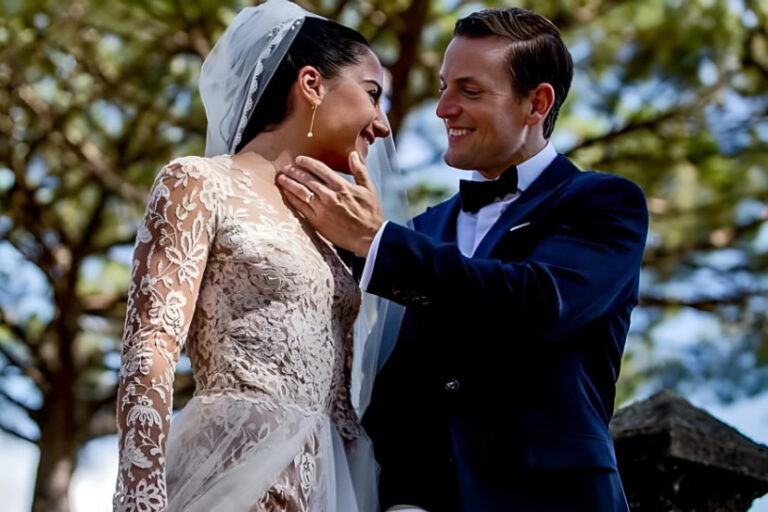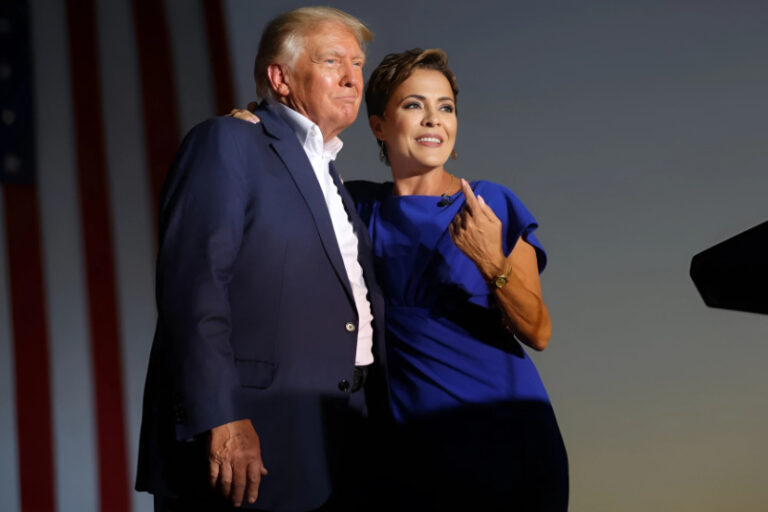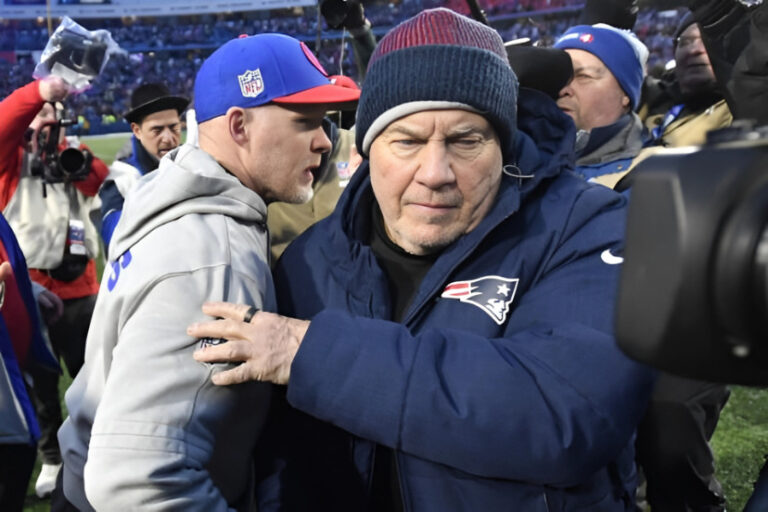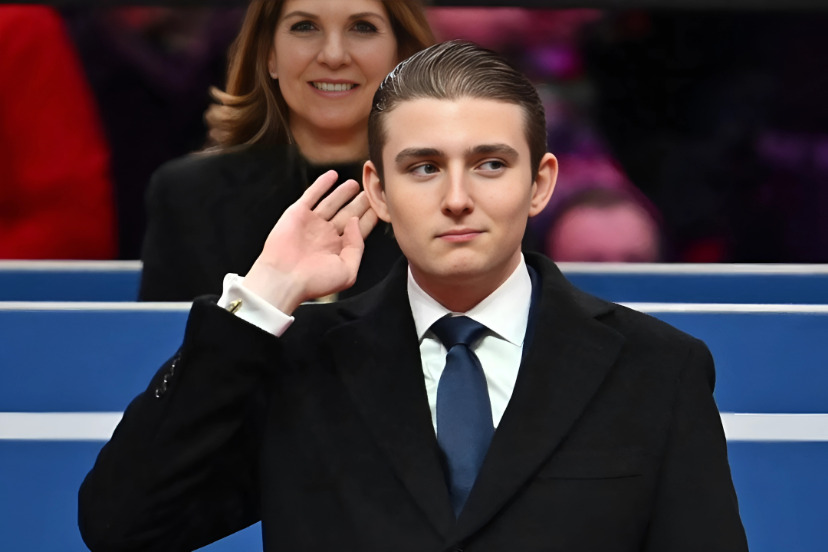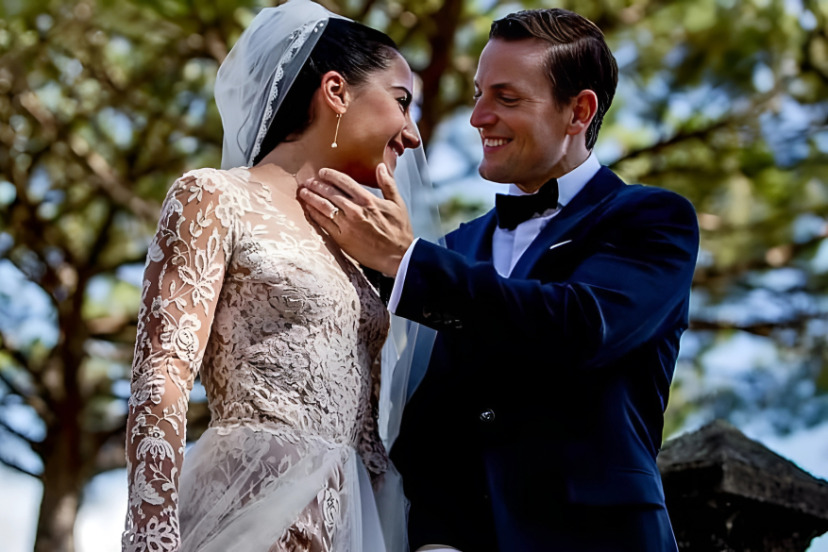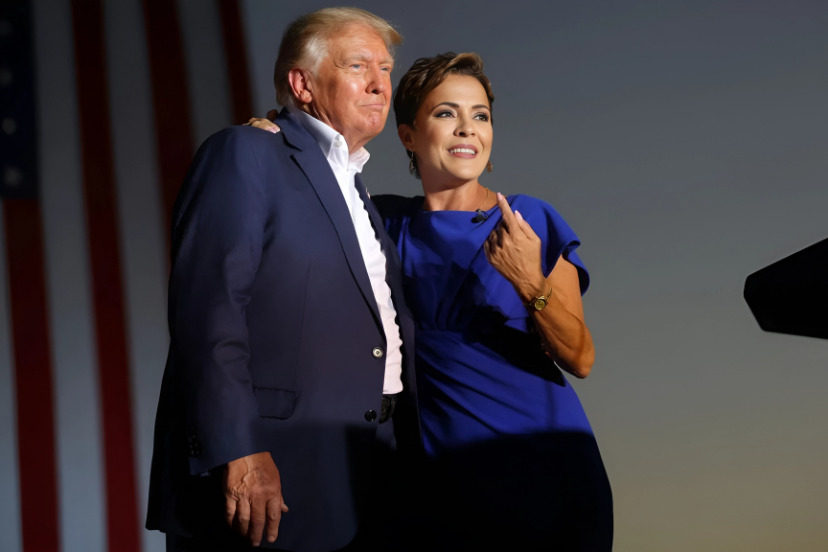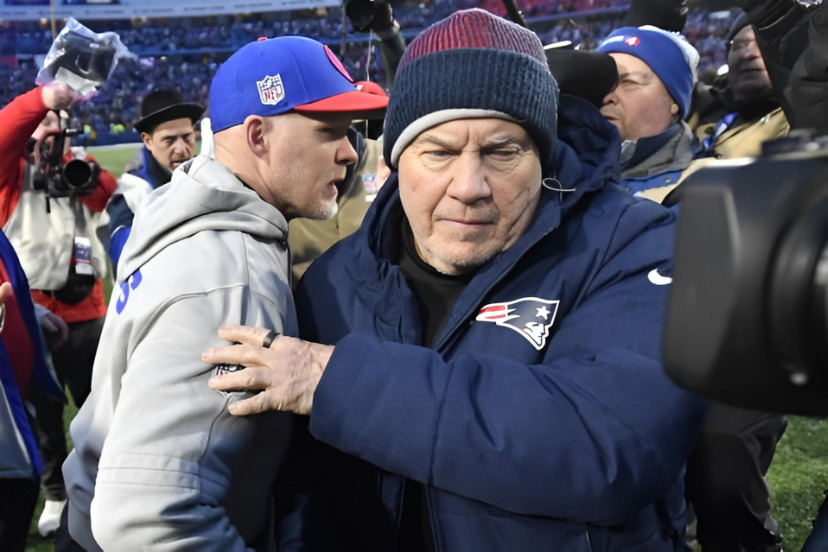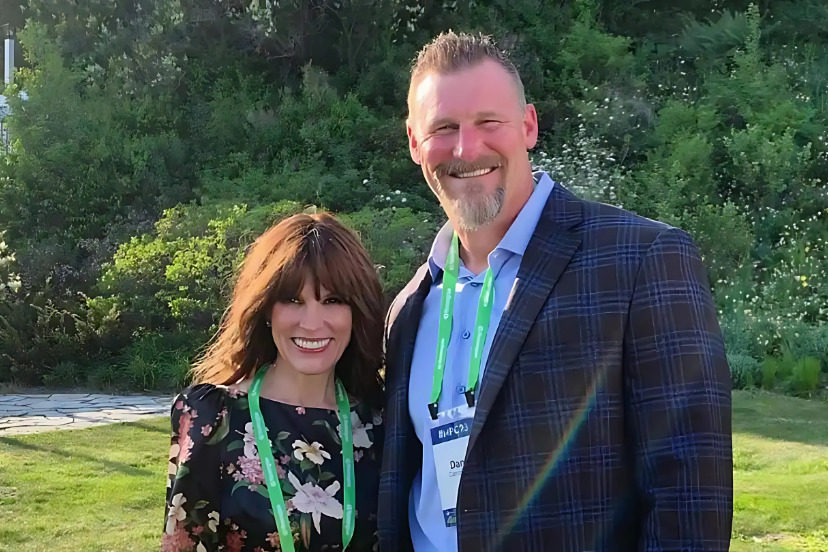Currently, J.D. Vance is a US senator representing Ohio and an author of memoirs. He gained popularity with his novel Hillbilly Elegy, which faced much controversy upon its release. Similarly, Vance’s family life as a father and a husband draws much attention from the public eye. Presently, his spouse is Usha Vance, and they have children together. I will elaborate on the sociological perspectives of his life.
Who is J.D. Vance?
J.D. Vance family life can be better understood by asking a very basic question, who is J.D. Vance? This was covered in almost all his interviews, tracing the history of the family, his social class, and his view of America. Vance was born into a working class family in Middletown, Ohio on August 2, 1984 and this is what would prove to be his most difficult childhood. These events amidst others would serve as inspiration for his memoir and essay Hillbilly Elegy, which has gained significant popularity. This novel allowed Vance to further dig deep and understand the complexities surrounding working American families, especially in the Rust Belt.
The swift trajectory of Vance’s popularity enabled him to get elected in 2022 as a Republican Senator from Ohio. Following his graduation from Yale Law School, he was actively engaged in business and politics. J.D. Vance public stature was contrasted by the fact that he managed to contain his family life away from the public eye.
A Close-Knit Unit: Family of J.D. Vance
J.D. Vance strife’s to raise a family while crusading for societal change, and as such, considers children to be an important part of his story. He wed Usha Vance, an attorney who specialized in law and economics, and is now a successful businesswoman. Usha has always been supportive to J.D. Vance, and their relationship has proven to be beneficial in J.D’s journey both in politics and personal life. The pervasive values supported by Usha, Vance and their child include the commitment to hard work, family, and the quest for a more prosperous future, and as such, their family has served as a perfect example of what Vance fights for.
Despite his public utterances regarding his politics and career, Vance has been less publicly revealing regarding his children. This tends to be the case for many public personalities, especially those who want their families to remain insulated from the negative side of fame. Nonetheless, a few pertinent details do exist about those children.
J.D. Vance Children: His Children’s Rift with the Public Sphere
J.D. Vance has discussed on several occasions how his children’s privacy concerns must be taken into consideration. In a society where children of at least relatively well-known figures tend to get loads of attention from the media, just like any father, Vance is certain that every detail of his life and indeed every detail concerning his children will be safe behind closed doors. This correlates with all Vance’s pronouncements about family, which emphasize family values and the role of parents in the development of children.
Although Vance has said little about the exact ages, interests, or other private matters related to his children, it is evident that Vance and Usha place some focus on nurturing their children in a wholesome environment. The couple has a shared family-oriented outlook, which seems to color their life together and how they parent their children.
Nurturing offspring in the political domain
Parenting in the public sphere is challenging, particularly for people like J.D. Vance who is engaged in active politics. Politicians such as Vance who are serving as U. S. Senators determine that his family life is indeed a life which is of public interest and even of public passion. But Vance has made it clear that he wants to dedicate as much time to his political work as he does to his family life. No matter how demanding his career is, Vance insists that the family comes before anything else.
One political difficulty when it comes to child-rearing is how to preserve the world of the child. Children of politicians, in particular, may experience special strains, like social expectations, moving to new places often, and involvement in their parent’s highly charged political environment. Since Vance has explicitly stated that he cares about his privacy and that of his family, he probably does a lot of work to ensure balance in his children’s lives.
Vance has at times spoken about how he understands the challenges faced by working class families particularly in Appalachia, the place he grew up in. These views about the significance of family and the community may affect how he is going to raise his children more than one would expect. Vance’s thoughts about his own childhood coupled with his wish for his children to grow up in a different environment makes me wonder what strategy he and Usha take to family affairs.
Family and Political Views
J. D. Vance political opinions, and indeed the rest of his views, stem predominantly from his family background. He considers the family as an important factor in the United States and it is not surprising that Vance’s family perspective has an impact on his political view. Vance examines working-class family struggles, stable home-life, and powerful family structures as a necessity for living in Hillbilly Elegy. These topics resonate with his core principles and beliefs and most likely affect his perception about the family unit in the context of society.
Given his political stance, it is evident that Vance does not stray away from the norm within the context of a family. For many people, especially Usha and him, family is the first institution in which children learn the values of society; hence, it is very important to Vance. These and other factors regarding his family background, especially his childhood, seems to explain his further appreciation in the stability brought about from a strong family unit.
Conclusion
Even with J.D. Vance children mostly away from the public eye, it is clear that his family matters to him. He has placed a lot of emphasis on the issue of privacy and did work so that his children had a stable environment to grow in, sheltered from the harsh media gaze associated with public figures. Vance balances political attention quite gracefully, as family, and the impact of parents on the children’s care, remains something he is passionate about.
Aspects regarding his children still remain private, and Vance seems determined to keep it that way, perhaps to mask the intense pressure that comes along with the political career he so chooses to pursue. However, drawing experiences from fatherhood will surely walk hand in hand with politics, broadening his perspective on the society, and thereby enhance his political insight.

